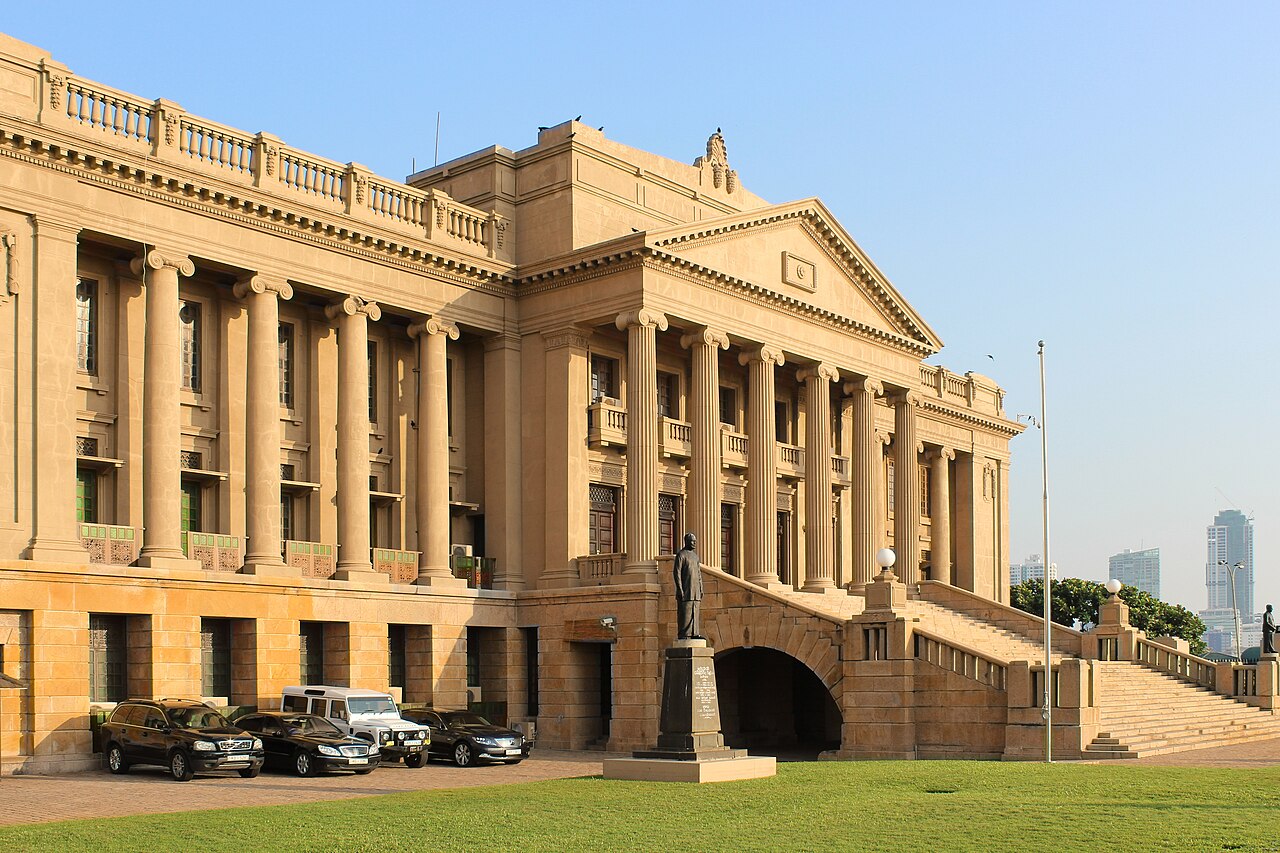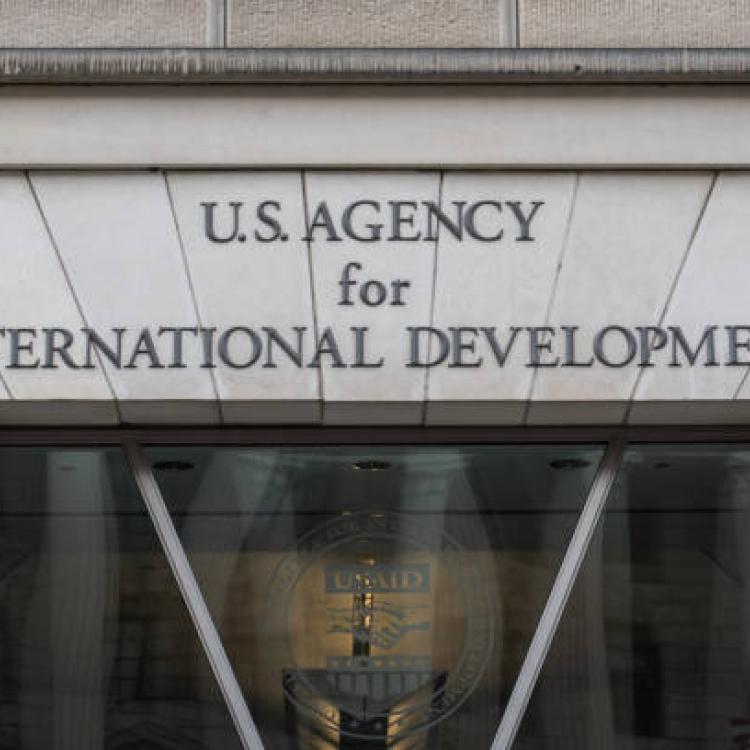The USAID funding freeze has left the Sri Lankan government scrambling for alternative sources of financing, as key projects across four ministries and multiple government departments come to a standstill.
The freeze, which impacts billions in development aid, has severely disrupted planned initiatives in sectors ranging from justice and trade to energy and environmental sustainability.
Since 2019, Sri Lanka has received Rs. 31 billion ($106 million) in USAID funding for government-led projects, according to data from the Department of External Resources (ERD). However, with the sudden halt in funding, ministries are now struggling to sustain their programmes.
At the time of the freeze, USAID funds were actively supporting:
• A Ministry of Justice project
• A Ministry of Finance initiative
• Two projects under the Ministry of Environment
• A Ministry of Energy programme
The Ministry of Justice was one of the hardest-hit departments, with $15 million in USAID funding allocated to the "Efficient and Effective Justice" project. This initiative aimed to establish nine model courts with digitised case management systems, upgraded IT infrastructure, and judicial training programmes. The project was expected to expand to 10 additional courts, but the funding freeze has stalled all further developments.
While USAID has not provided formal communication regarding the funding cut, the Justice Ministry is now exploring alternative ways to continue training programmes under other ongoing projects.
The Sri Lanka Energy Project, which had been allocated $19 million, has also been affected. This initiative provided technical assistance to the Central Electricity Board (CEB), Lanka Electricity Company (LECO), and the Sri Lanka Sustainable Energy Authority (SLSEA) to expand renewable energy infrastructure, including solar power plant installations.
Similarly, an ongoing Finance Ministry project, titled "Partnership for Accelerating Results in Trade, National Expenditure and Revenue (PARTNER)", has been put on hold. This $22.9 million initiative, led by Deloitte Consulting LLC, aimed to streamline Sri Lanka’s trade and financial regulations. The project had been working closely with the Auditor General’s Department, Inland Revenue Department, Sri Lanka Customs, and the Excise Department, but all progress has now halted due to the freeze.
The PARTNER programme was designed to establish a Public Debt Management Office, digitise customs operations, and modernise public finance regulations. The withdrawal of USAID funds has thrown these plans into uncertainty, with no immediate alternative funding sources available.
The impact of the USAID funding freeze is not limited to the government sector. Sri Lanka’s largest NGO, Sarvodaya, which previously received 15% of its funding from USAID, has been forced to scale back operations and lay off staff.
While Sri Lankan institutions reel from the abrupt funding halt, concerns have been raised over transparency in how USAID funds have been distributed. Local organisations working on USAID-funded projects have criticised the unequal allocation of grants, with half of the total grant often going to USAID’s international implementing partners—typically large for-profit and non-profit organisations based outside Sri Lanka.
Many local partners have expressed frustration over the lack of transparency, highlighting that while USAID implementing partners report monthly project expenditures to Sri Lankan authorities, they are not required to disclose their administrative costs, including salaries and operational expenses.
This lack of financial oversight has long been a contentious issue, with Sri Lankan NGOs and government bodies arguing that a greater portion of funding should be directly allocated to those working on the ground rather than being absorbed by external contractors.
Read more from the Sunday Times here.



